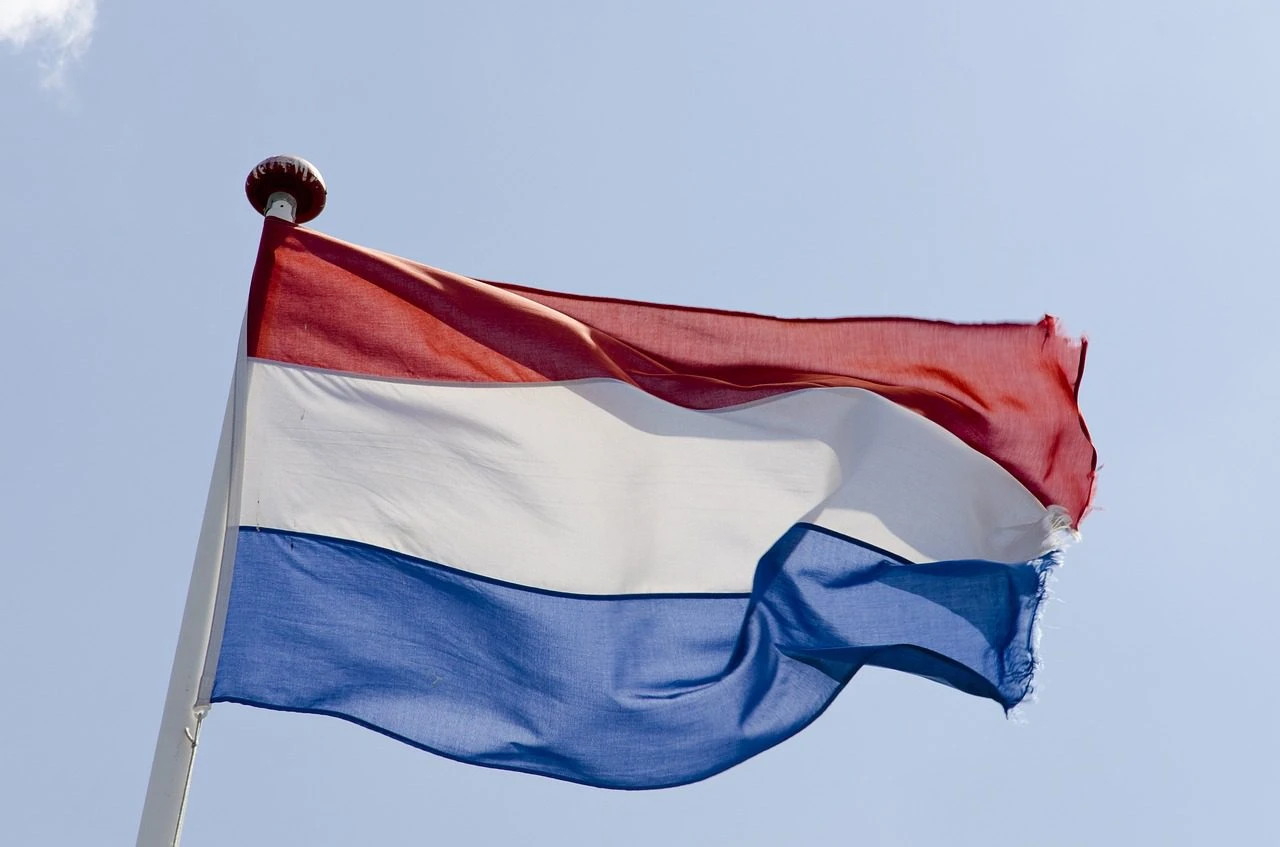Dutch regulator intervenes to remove Facebook pages offering illegal lottery

KSA has worked with social media networks for a number of years to combat illegal gaming activities, with such collaborations resulting in the removal of pages offering these activities.
However, KSA said this was the first occasion where a fake account had been deleted. A fake account is where the account cannot be traced back to a single person or organisation.
The regulator said its investigations found that the fake account in questions was being used to manage a number of pages on Facebook where illegal lotteries were being offered, while a follow-up investigation revealed there was always a different person behind the account.
At the request of KSA, Facebook agreed to remove the fake account from its platform.
The Dutch lottery market currently operates as a monopoly, with the KSA issuing a licence to a single provider to offer lottery in the country on an exclusive basis. Lotto BV holds this licence at present, though multiple charity licences are also available.
Operators running illegal lotteries in the Netherlands risk large fines from the regulator.
“The KSA takes action against illegal lotteries because there is no supervision possible,” KSA said. “After all, the providers are not licensed. Is there really a prize, is the game fair, are participants not scammed, is it ensured that no minors can participate?
“The KSA ensures that participants in games of chance can do so safely.”
This is the second time in just over a week that the KSA has taken action against unlicensed social media lotteries. Last week, it acted to close two illegal lotteries conducted via Instagram with the assistance of the social media channel’s owner, Facebook.
In March, the Dutch Administrative Jurisdiction Division authorised KSA to grant a monopoly organising state lotteries in three different rulings.
After appeals against the monopoly were made by private gaming companies – Betfair and and the Dutch Online Gambling Association – the Administrative Jurisdiction Division rejected the appeals and ruled the single-permit system for organising lotteries is justified.
It said that the question of whether a single permit system for state lotteries is allowed had already been raised in a ruling in 2018, which saw the KSA provide reasons that the single-licence system is consistent.
